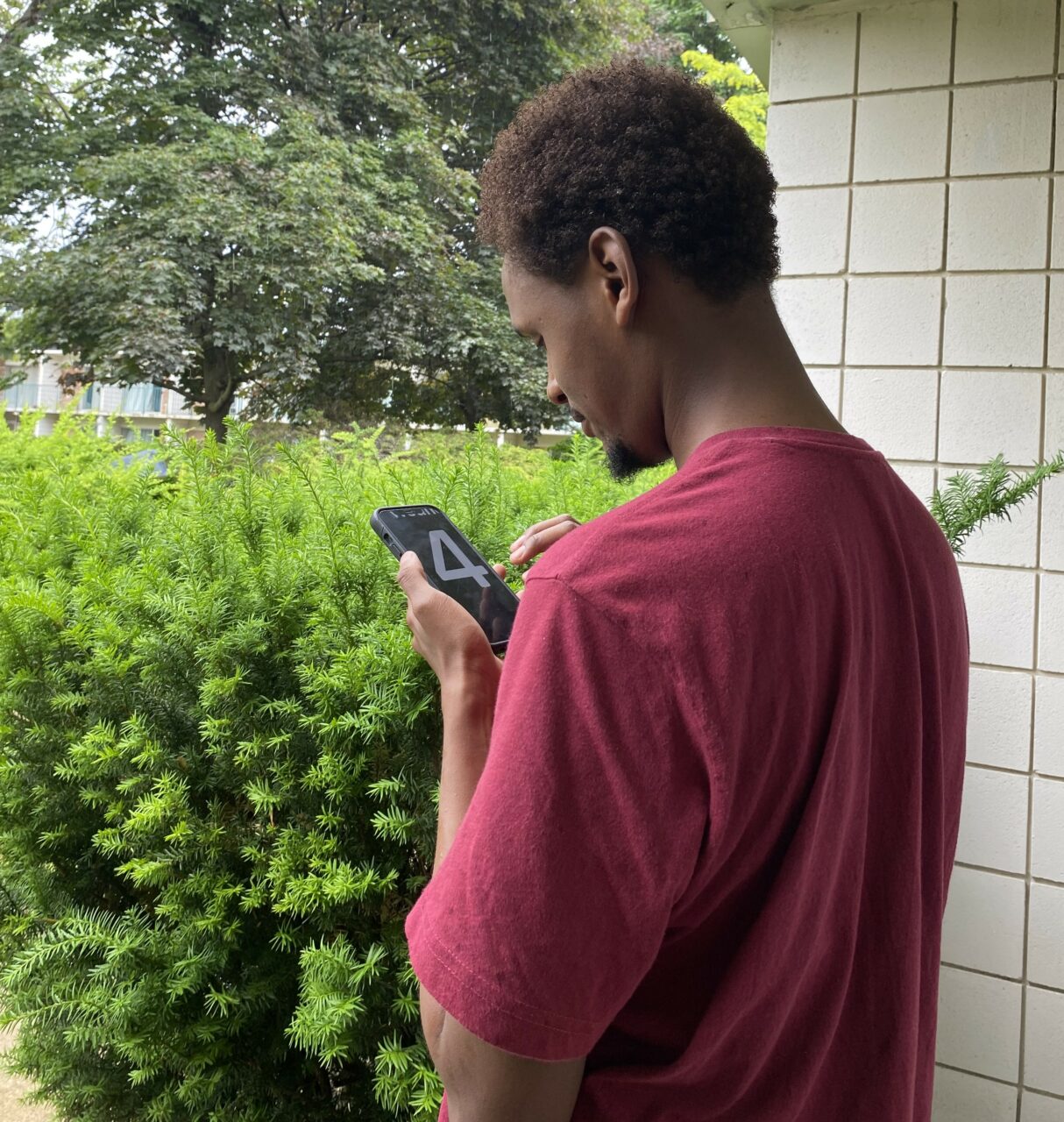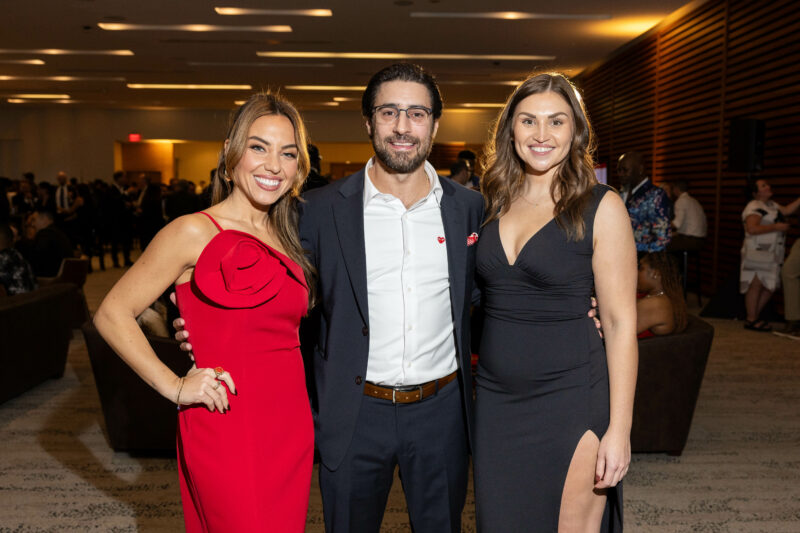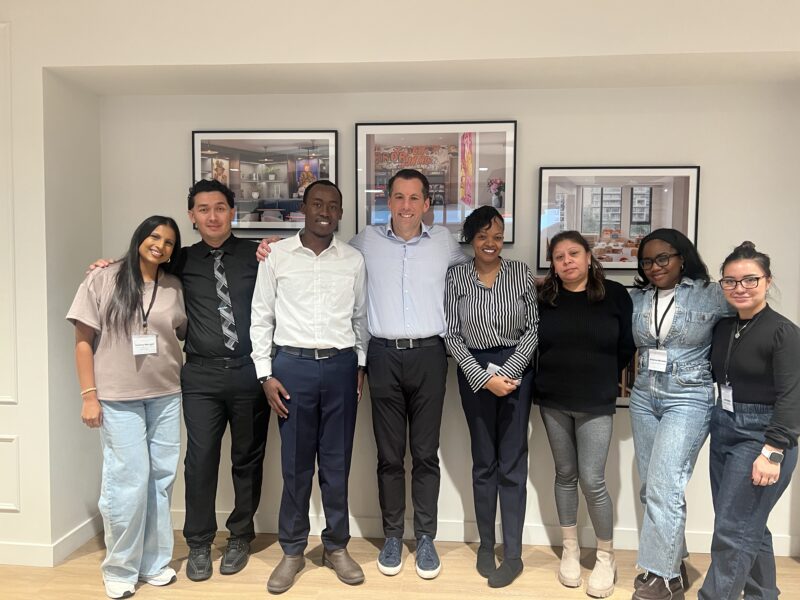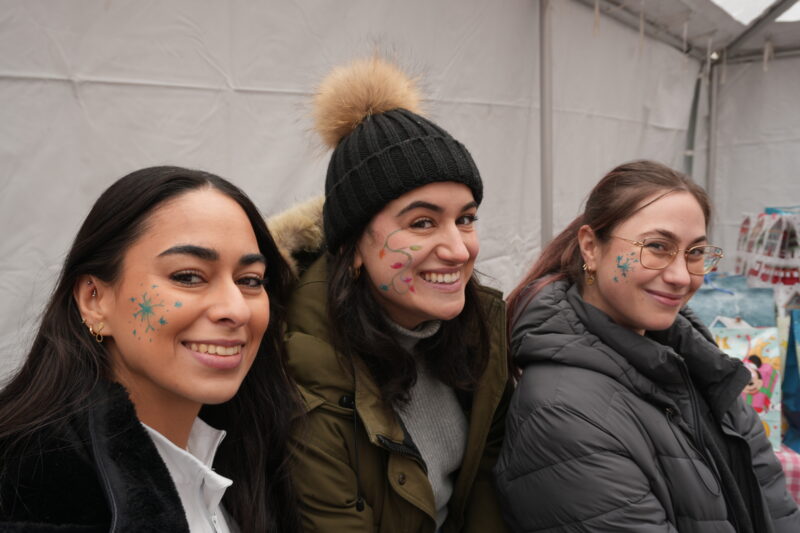Interview by Ana Cisneros, DEI Supervisor, Homes First Society
“Don’t give up. And if you see someone like me, say hi again tomorrow—even if I don’t recognize you.” – Teddy

At 29 years old, Teddy is like many young men navigating life in a new city. But his journey carries a heavier burden: he’s a refugee, blind, and rebuilding his life after trauma. Sitting in his small shelter room in Toronto, Teddy opened up about the unique challenges of living without sight, family, or a community to lean on.
Originally from Kenya, Teddy sought safety and the freedom to live authentically—something that wasn’t possible back home. But before arriving in Canada, a violent incident left him blind.
“It was just one of those things,” he says. “You try to be careful, but sometimes you can’t avoid harm. That situation took my eyes.” He’s now been in Toronto for about a year and a half, most of that time living in a shelter.
“I don’t leave my room anymore.”
When Teddy first arrived, he made an effort to build connections. But maintaining relationships has been difficult without sight. “I meet someone today, we talk—but tomorrow, I won’t even recognize them. People think I’m ignoring them. They stop talking to me.”
That isolation has deepened. Teddy spends most of his time alone, using his phone and computer—devices he’s been comfortable with since childhood.
“I barely come down for food,” he admits. “I don’t remember the last time I had a real conversation before this interview.” He laughs softly as he recalls moments when even staff forgot he was still in the building.
“Some people didn’t even realize I was still here.”
Challenges in the Shelter System
Recently, Teddy was moved to a new room in hopes of better communication with a different roommate. Instead, he’s now struggling with sleep due to loud, constant snoring.
“It starts at 11 p.m. and doesn’t stop until 6 a.m. I’ve had to start sleeping during the day just to survive.” His previous roommate, who resembled a father figure, triggered painful memories from past family conflict. “It wasn’t ideal, but I didn’t expect this to be worse.” Despite these setbacks, Teddy holds on to his dreams.
“I still want to get married someday, have friends, build a family. But it feels far away.”
Mental Health, Addiction, and Coping
To cope with the emotional strain, Teddy sometimes turns to alcohol.
“I know it’s not the best answer,” he says. “But when I drink, my mind finally stops. It’s like there’s a squirrel running in circles in my head. Drinking helps me sleep.”
His story highlights the intersections between invisible disability, mental health, and addiction.
Searching for Belonging
Teddy is currently connected with a few workers helping him apply for a program designed for individuals who are visually impaired. He’s hopeful it may eventually lead to employment.
Back in Kenya, Teddy worked in digital marketing. After arriving in Canada, he briefly held a job in insurance. But navigating the system has been challenging.
“My doctor gave me eye drops for pressure in my eyes, but didn’t tell me about other resources. I didn’t even know there were places where blind people could meet. I’d really like that.”
“Canada is lonely—especially if you can’t see.”
Before entering the shelter system, Teddy spent two weeks living on the street. “That was enough to know how hard it is. At least in the shelter, someone’s trying to help.” Still, he notes that people often assume he’s making up his blindness because he doesn’t use a cane. “Maybe I should get a cane just so people understand.”
What keeps him going? “Hope,” he says simply. “I’ve never been suicidal. But sometimes it’s hard to get out of bed. You just lie there, hoping that someday things will get better.”
A Message to Others
“Your voice has incredible value. With the right supports, your experience in digital marketing and your resilience in navigating both blindness and resettlement can help shape better services—not just for yourself, but for others. You are not alone.” – Teddy
Let’s create a space where no one is invisible.
#RefugeeVoices #BlindAndBrave #TorontoShelters #DisabilityJustice #HousingIsHealing #ShelterSupportStories
June National Deafblind Awareness Month
Important links https://aoda.ca/national-deafblind-awareness-month/ https://www.rrc.ca/diversity/2025/06/03/june-is-deafblind-awareness-month-2 https://www.rickhansen.com/news-stories/blog/honouring-deafblind-awareness-month
To learn how you can support Homes First, Visit www.homesfirst.on.ca/get-involved/


